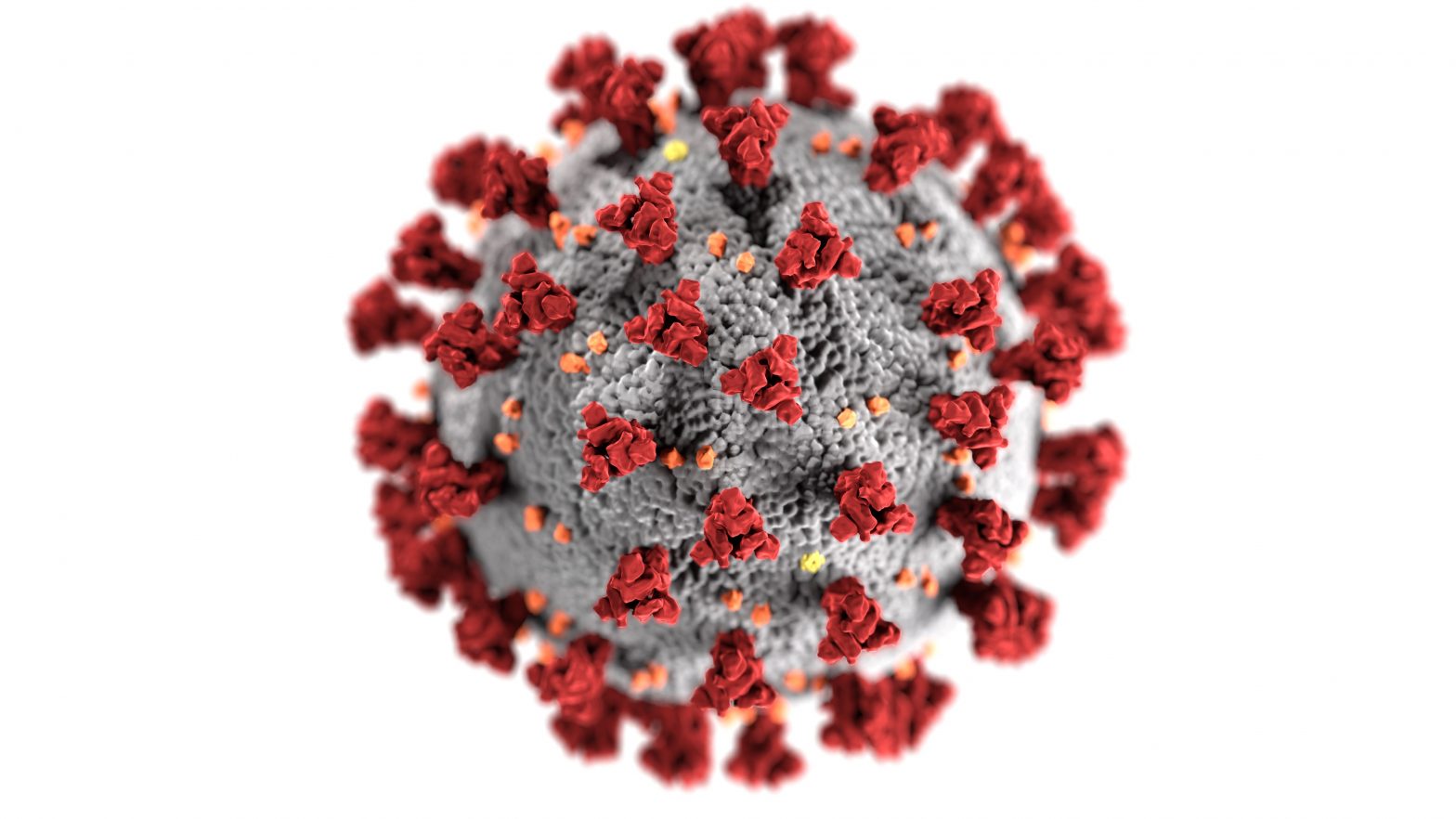Follow:
Recents

Covid-19
What Your Business Should Know about the Families First Coronavirus Response Act
Covid-19
What Your Business Should Know about the Families First Coronavirus Response Act
Covid-19
COVID-19 HOUSEHOLD PLAN
Covid-19
Telemedicine: An Option to Help Stop the Spread of COVID-19
Covid-19
What Employers Should Know to Fight Coronavirus
Consider The Opioid Epidemic’s Impact When Planning Employee Health Insurance Benefits
The CDC estimates that around 130 people die each day due to opioid overdoses. It’s also estimated that the number of opioid-related deaths is six times greater than just 18 years ago. Is the epidemic affecting your employees? Are you sure?
When an employee is dealing with addiction, it impacts many aspects of his or her life. Whether the addiction is affecting a sibling, parent, partner/spouse, or child or is the employee’s own addiction, lost productivity from personal time, emergency calls, stress, and health issues are all problems. Some companies turn their backs, but employers who step in to support the employee make a difference. There are health insurance benefits that enable you to be part of the solution rather than part of the problem.
Programs to Consider With Your Health Insurance Benefits Package
It’s probably not surprising to hear that 70% of HR departments put the cost of employee benefits as their biggest concern. It comes much higher than worries about prescription drug abuse, illegal drugs, or absenteeism/illness. All of those can be linked. In the 1990s, patients were being prescribed prescription pain relievers with promises that they were not addicting. They were. By 2017, around 1.7 million people were addicted to prescription opioid pain relievers. While some bought these medications illegally, others were given the prescriptions by doctors.
Make your health insurance package useful to people who may be dealing with the opioid epidemic. To those who are personally dealing with addiction, make sure your package covers therapeutic treatments like counseling and rehab. Make counseling available for those with family members who are addicted to opioids. Once there is phone or in-personal counseling available, share the hotline number with every employee so that everyone knows how to get the help they need.
Look over your prescription benefits, if you have them. If you don’t already offer them, consider adding them. Make sure medications that help addicts are covered. Watch for changes that remove access to these medications. If you hear the health insurance policy may change to deny coverage, shop around for a plan that does offer it.
While you’re looking over your prescription benefits and health care coverage, make sure alternative treatments are offered. If a worker is injured and needs help managing the pain, your health insurance company shouldn’t deny alternative options to pain relievers. Chiropractors, occupational therapy, and acupuncture can help employees avoid the need for prescription pain relief.
Remove the Stigma
The National Safety Council surveyed several HR departments about substance use disorder. More than 1 out of 5 are worried about the effects of the opioid epidemic. While 8 out of 10 admitted addiction can be a problem for employees, more than 6 out of 10 said it’s also a valid reason for termination. It shouldn’t be. You can work with your employees and help them address the addiction. Be supportive and help make a change.
Make the company’s supportive stance on the opioid epidemic known. Remove the stigma that it’s something to be ashamed of. Make it clear in employee handbooks that harassment will not be tolerated. You will not stand for employees ridiculing those who are dealing with opioid addiction. Create an open-door policy where employees feel safe coming to you to talk about needing time off to manage the issues raised when a loved one is addicted.
In addition to changing the way your staff views addiction, make it known that sick days can be used for any reason. If a worker needs a few days to deal with addiction, let them. Make it easy to transfer vacation days, personal time, or sick/wellness days for mental health and addiction.
When you host company functions, make them alcohol-free. Serve mocktails instead of alcoholic beverages to help those in recovery. If everyone does it, there’s no temptation or embarrassment.
It’s time to go over your health insurance benefits and make sure there are programs in place to help your employees who are dealing with the opioid epidemic. Make sure your employee handbook covers the best ways for employees to get help for themselves or other employees. Get rid of any negative stigma and make the workplace a friendlier place to offer and receive help.
Talk to Global Benefits Group about a benefits audit, what to include in your employee handbook, and what you may be overlooking. Our experts can go over your current benefits package, answer your questions, and help you understand the benefits your employees want. Arrange a free consultation through live chat or by calling 847-837-3037.
